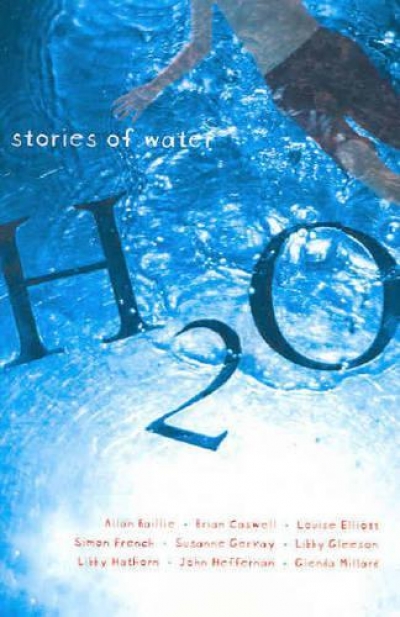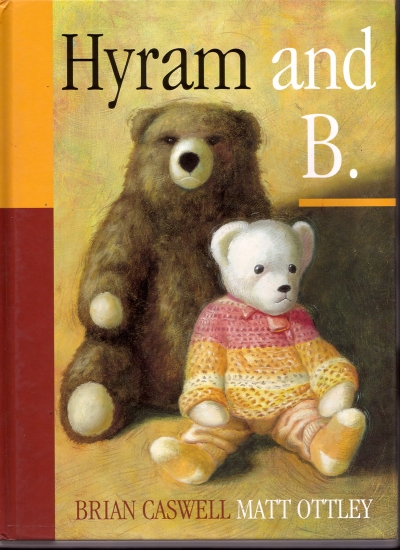Sherryl Clark
Linda and Paul McCartney, so the story goes, became vegetarians the moment they looked up from a delicious meal of roast lamb and saw a flock of lambs gambolling in the field beyond their cottage. Young readers of Pamela Freeman’s Lollylegs (Walker Books, $11.95 pb, 64 pp, 9781921529078) might well have a similar reaction, since the connection in Lollylegs between the meal o ...
H2O edited by Margaret Hamilton & And the Roo Jumped Over the Moon edited by Robin Morrow, illustrated by Stephen Michael King
Sherryl Clark
Dancing in My Nuddy-Pants (Scholastic), by Louise Rennison. With all the serious young adult books around everyone needs a dose of Georgia Nicolson’s confessions. Between the Sex God, the troublesome cat and life at school, Georgia’s diary is full of deep meaningosity – not! Life on a small farm in 1906 is beautifully portrayed in Jennifer Donnelly’s A Gathering Light (Bloomsbury). Mattie longs to be a writer, but it seems impossible when her father won’t even let her work at the Glenmore Hotel over summer. Everyone wants Mattie to do things their way and the strength of the story lies in her quiet persistence and honesty. Historical description creates a believable world without ‘teaching’. Dragonkeeper (black dog books), by Carole Wilkinson, deservedly won a CBC Award this year. Ping’s travels with a dragon follow the idea of the quest, but the setting and detail bring ancient China to life for readers of all ages.
... (read more)Hyram and B. by Brian Caswell, illustrated by Matt Ottley & Two Summers by John Heffernan, illustrated by Freya Blackwood
Garry Disher: The Sunken Road is a so-called literary novel. I find that I’m a bit typecast, Garry Disher the crime writer or Garry Disher the children’s writer. A lot of the fiction I’ve written is so-called more literary in nature. This is my big book, up to date, if you like. It’s a novel set in the wheat and wool country in the mid-north of South Australia where I grew up. It’s a story of the region and of a family and of a main character called Anna Tolley. I tell this story in a series of biographical fragments around a theme like Christmas, or love, or hate, or birthdays. And each fragment takes a character from childhood to old age. And I repeat this pattern right through the book and certain secrets are revealed or come to the surface through this repetition. So at that level I suppose it’s a linear story, but the structure’s not all that linear. In terms of structure it’s an advance for me, or an experiment.
... (read more)

